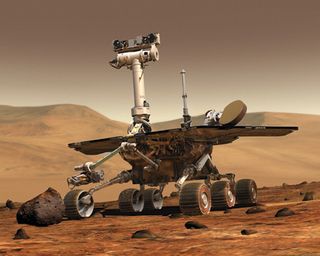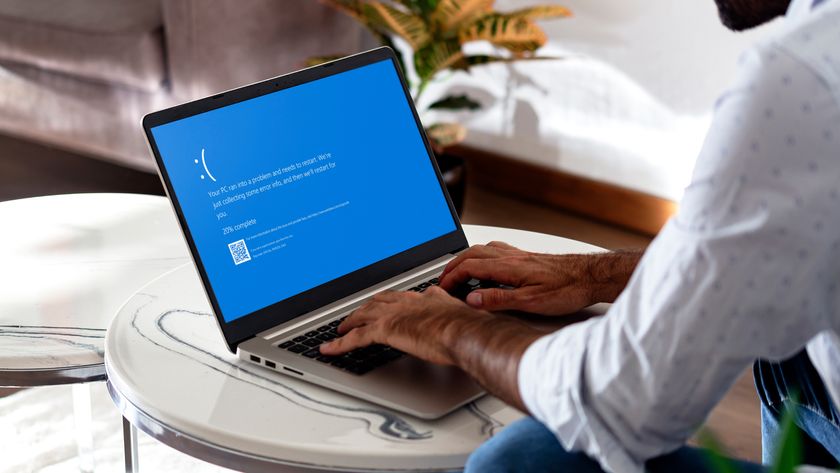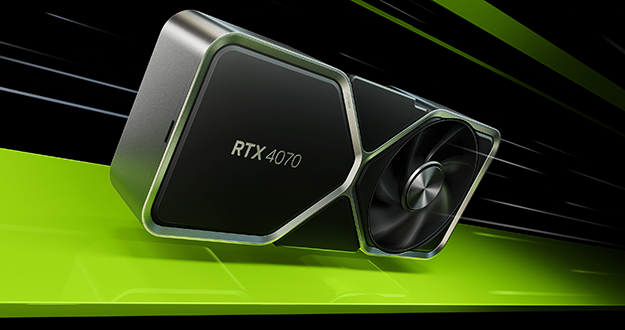The unmanned future
NASA's new challenge is using computers to go where humans can't. Ground-based controllers still give the orders, but it's the machines' MAPGEN software that decides how best to carry them out. NASA says that MAPGEN is the first artificial intelligence software to have command of a rover on another planet.
As ever the hardware is underpowered, running on a stripped-down PC with just 128MB of RAM. The current Mars rovers work independently, but multiple vehicles could do far more. By relaying information along a chain of rovers, if one rover breaks down it wouldn't signal the end of the mission.
Some experiments, such as measuring seismic activity, will require multiple rovers. The problem is how to control them. Luckily, a group at NASA's Jet Propulsion Laboratory in Pasadena is working on the problem. One possible solution is MISUS (Multi-rover Integrated Science Understanding System), which is designed to enable collections of rovers to work together in intelligent ways.

SMART BOT: Networked teams of these little guys could one day be exploring where we can't go
MISUS will have a carefully created initial plan to work through, but changes in conditions and the results of onboard experiments will enable it to constantly review this plan and make modifications without asking Earth for help – which is vital given the long delays inherent in communicating across such distances.
Soon after the first brave men and women were shot into orbit, space flight became impossible without computers. However, humans require massive support to slip their earthly bonds for even just a few hours.
Get daily insight, inspiration and deals in your inbox
Sign up for breaking news, reviews, opinion, top tech deals, and more.
Computers have no such restriction. With developments in AI gathering speed, perhaps rather than humans colonising the solar system in the years to come, it'll be robots that don't mind taking one-way trip to far-flung planets. At least, we hope they won't…
-------------------------------------------------------------------------------------------------------
First published in PC Plus Issue 290
Liked this? Then check out Heavyweights of the supercomputing world
Sign up for TechRadar's free Weird Week in Tech newsletter
Get the oddest tech stories of the week, plus the most popular news and reviews delivered straight to your inbox. Sign up at http://www.techradar.com/register










